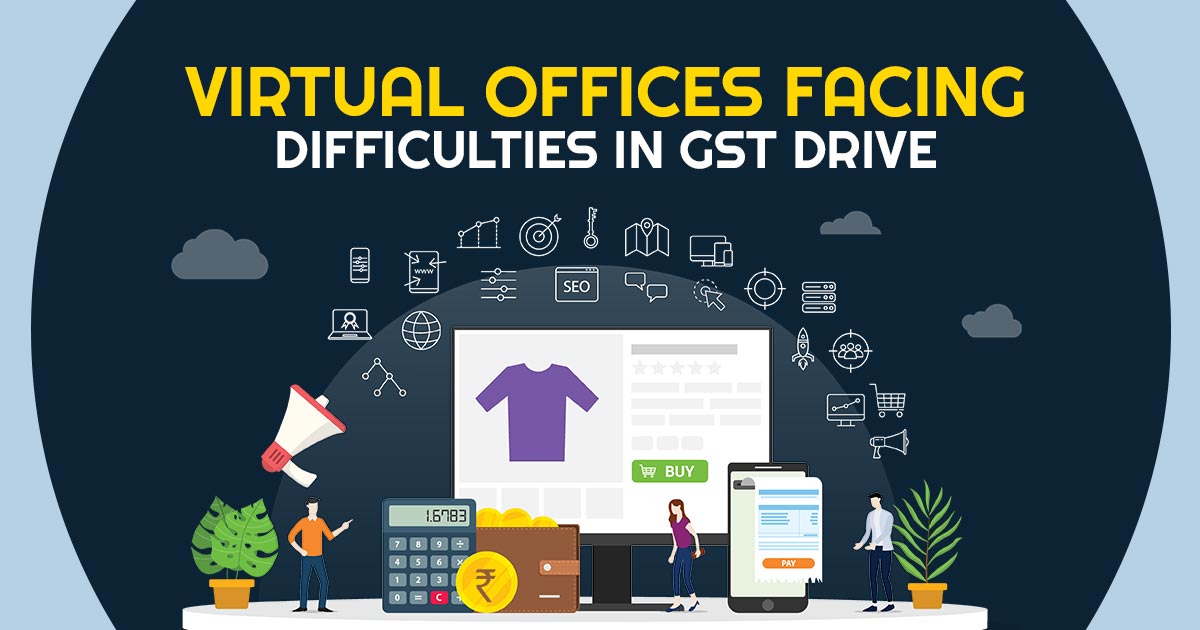
The nationwide campaign against fraudulent GST registration has caused problems for e-commerce businesses, that run virtual offices across several states with little staff and no books of accounts.
Tajinder Singh, vice president of taxation at MakeMyTrip Group, told PTI that the GST officials should consult the head offices about virtual offices before labelling the state registration as a bogus company for failing to produce books of accounts.
Singh stated, said that they have virtual offices in various states. During the fake GST registration campaign, the branch offices mistakenly identified these offices as fake registrations. However, the purpose of these offices was solely for tax payment, with no involvement in any illegal activity or fraudulent use of the registrations. Unfortunately, many registrations were blocked for compliance reasons, which caused many issues for us
A two-month campaign to detect false registrations for the Goods and Services Tax (GST) was begun on May 16 by the federal and state GST administrations. The false registrations are mostly used to fraudulently claim Input Tax Credit (ITC) from the exchequer.
In this campaign, false registrations totalling 45,000 have been detected, and a total tax evasion of Rs. 13,000 crores has been found. Additionally, fake ITC claims of Rs. 1,430 crores have been blocked.
According to Singh, the field offices should consider the fact that virtual offices are maintained with a small workforce and that frequently they are not staffed every day. It should be noted that the establishment of virtual offices with a physical address is solely aimed at adhering to state GST laws and not for the purpose of making fraudulent Input Tax Credit (ITC) claims.
Important: Small Industrialists Worrying License Raj Amid Physical Business Verification
Singh continued, saying that during the field officers’ visit to these virtual offices, they did not find any physical presence of employees. Seeing that they would consider that the office doesn’t have an absence, Then, upon asking, all the required information and records, which they could not gather during the visit, were provided to them.
To enable them to have a real presence or maintain a physical office, the e-commerce giants have been arguing to the GST authorities that they should be permitted to preserve the head office address for registration in states.
Following advice that the distinction between a bogus registrant and an e-commerce operator is very thin, Central Board of Indirect Taxes (CBIC) Member GST Shashank Priya commented on the problem facing e-commerce businesses.
Singh said that there should be some means by which virtual offices in states may verify that this is real.
Priya said that you ought to be able to get your accounting books. The administrative staff occasionally claims that the records are not with us, they are at the central office when the officers depart. Therefore, suspicion is raised.
Additionally, Priya stated that it is necessary that records be retained at the location of registration and that there must be an electronic way to retrieve the data and present them to the authorities in order to prove your legitimacy as a registrant.








